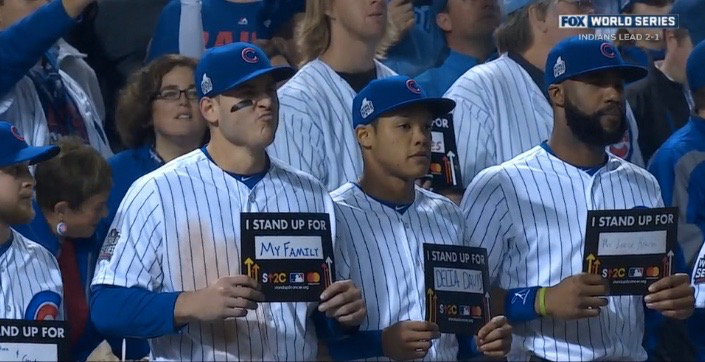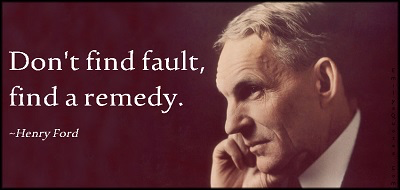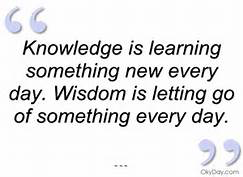“The Relationship Era doesn’t mean using social media and other channels to advertise or publicize or otherwise dictate your message; it means finding areas of common interest and values within to forge conversation and common causes.”
~Bob Garfield

After a recent summit designed to gain the perceptions of very savvy, successful, Millennials, there was, as you’d expect, a lot of talk about social media. Their comments were interesting, but even more interesting were the questions asked by the audience, primarily radio people.
We think the goal of social media is to promote our stations. Millennials think social media is for opening a line of communication with each other. That’s quite a difference in perspective.
So here is my observation: We’re using social media as a way to promote to those boomers and Xers listening to our stations. That has zero impact on Millennials, and maybe minimal impact on the generations in our audience. What I see is many stations trying to act or sound Millennial in their social media.
Social media is bound by interests, which in turn is bound by community. We’re in an amazing world where like-minded people can join around a concept, idea or cause without the help of any “official” organization. We should want to be involved where the listener is, how the listener is.
Promoting what your morning show said this morning isn’t social, it’s hype. Thinking non-digital natives can build an effort to unite Millennials is a pipe dream. And we all know that pipe dreams are fantastic hopes or plans that are generally regarded as being nearly impossible to achieve.
Social media is content, and very rarely is compelling content a promotion to listen to our own product.






